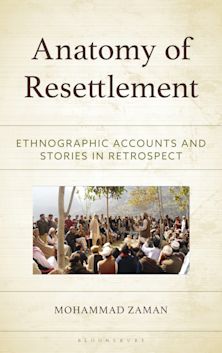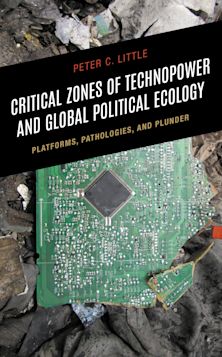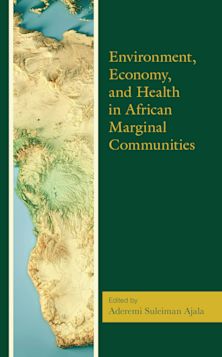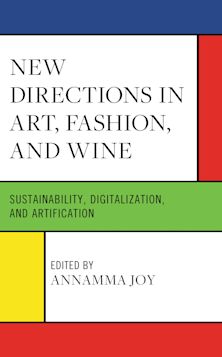Migration and Economy
Global and Local Dynamics
Lillian Trager (Anthology Editor) , Ricardo Perez (Contributor) , Dolores Koenig (Contributor) , Jeffrey Cohen (Contributor) , Meltem Sancak (Contributor) , Peter Finke (Contributor) ,
- Textbook
Migration and Economy
Global and Local Dynamics
Lillian Trager (Anthology Editor) , Ricardo Perez (Contributor) , Dolores Koenig (Contributor) , Jeffrey Cohen (Contributor) , Meltem Sancak (Contributor) , Peter Finke (Contributor) ,
- Textbook
Description
Trager and her coauthors focus on migration not as a single event but as a dynamic process that responds to and is shaped by broader economic, cultural and social forces. Individual essays consider issues of international and internal migration, of voluntary migration and forced movements due to civil conflicts and environmental degradation, and of macro-level forces and micro-level institutions. The authors investigate a wide variety of types of mobility, describe transnational and multilocal networks through which remittances and other flows take place; focus on migrants as active agents; and examine the impacts of ethnicity and assimilation. They offer original studies on Mexico, Puerto Rico, West Africa, Kazakstan, and Mozambique. This new volume will be a valuable resource for researchers and practitioners in development anthropology, migration studies, and international planning and policy.
Table of Contents
Part 2 Part I. Migration, Households, and Stratification
Chapter 3 1. Unbound Households: Trajectories of Labor, Migration, and Transnational Livelihoods in (and from) Southern Puerto Rico
Chapter 4 2. Multilocality and Social Stratification in Kita, Mali
Chapter 5 3. Non-migrant Households in Oaxaca, Mexico: Why Some People Stay While Others Leave
Chapter 6 4. Migration and Risk-Taking: A Case Study from Kazakstan
Chapter 7 5. Migratory Modernity and the Cosmology of Consumption in Côte d'Ivoire
Part 8 Part II. Remittances and Beyond
Chapter 9 6. When Houses Provide More than Shelter: Analyzing the Uses of Remittances within their Socio-cultural Context
Chapter 10 7. Women Migrants and Hometown Linkages in Nigeria: Status, Economic Roles and Contributions to Community Development
Chapter 11 8. The Moral Economy of Non-Return Among Socially-Diverted Labor Migrants from Portugal and Mozambique
Chapter 12 9. "Direct to the Poor" Revisted: Migrant Remittances and Development Assistance
Product details
| Published | Oct 13 2005 |
|---|---|
| Format | Ebook (PDF) |
| Edition | 1st |
| Extent | 344 |
| ISBN | 9798216300175 |
| Imprint | AltaMira Press |
| Series | Society for Economic Anthropology Monograph Series |
| Publisher | Bloomsbury Publishing |


































